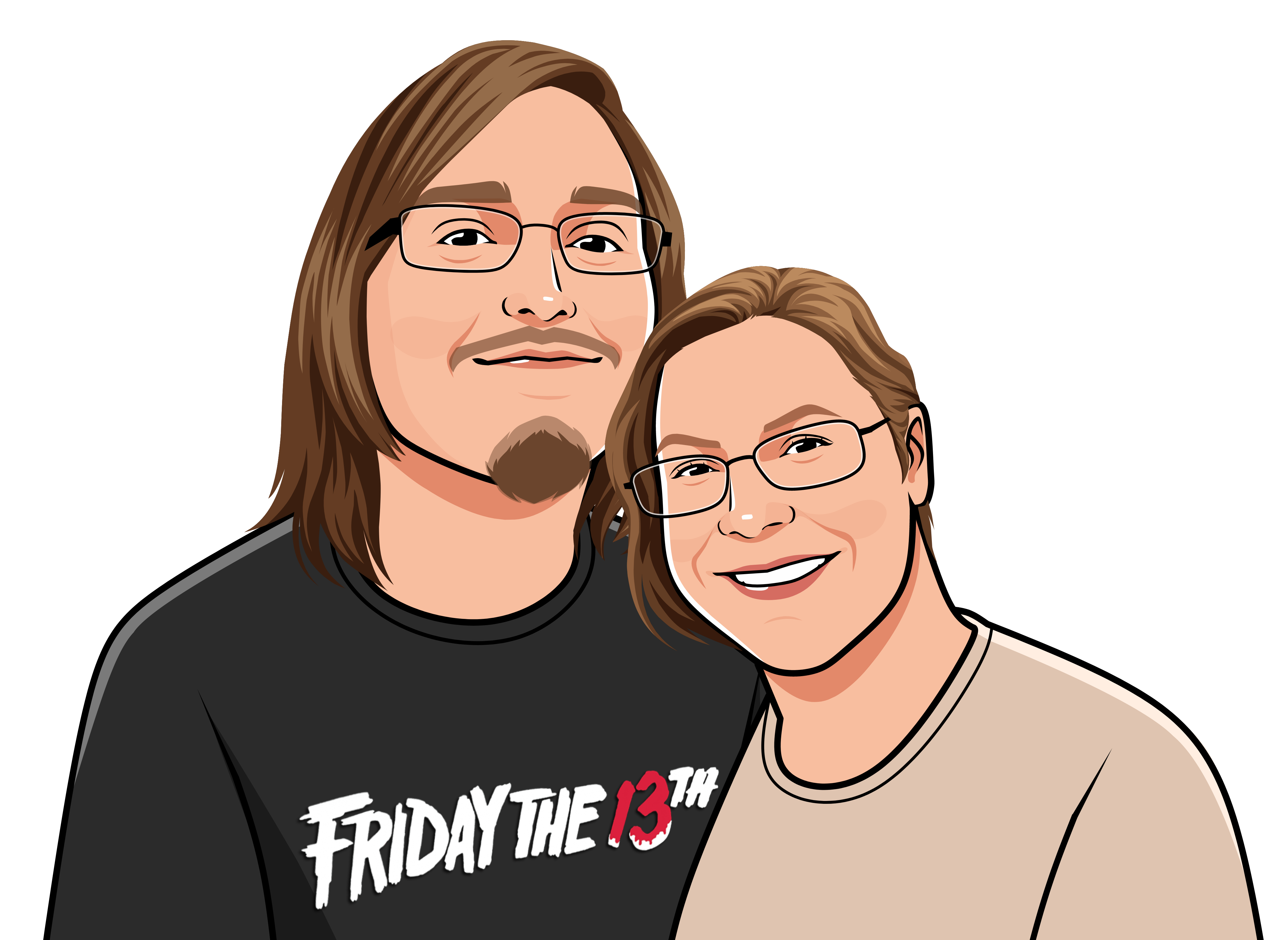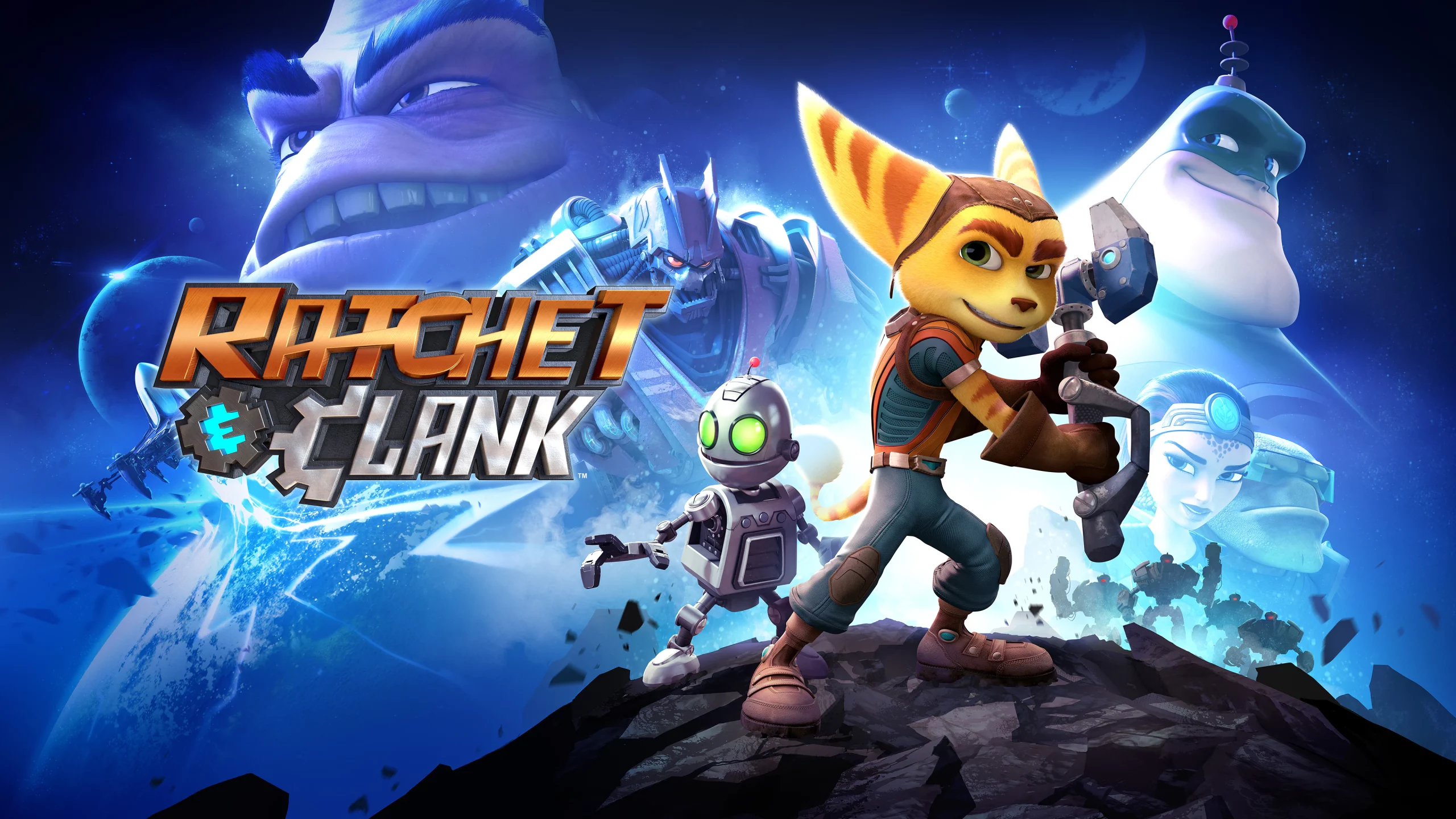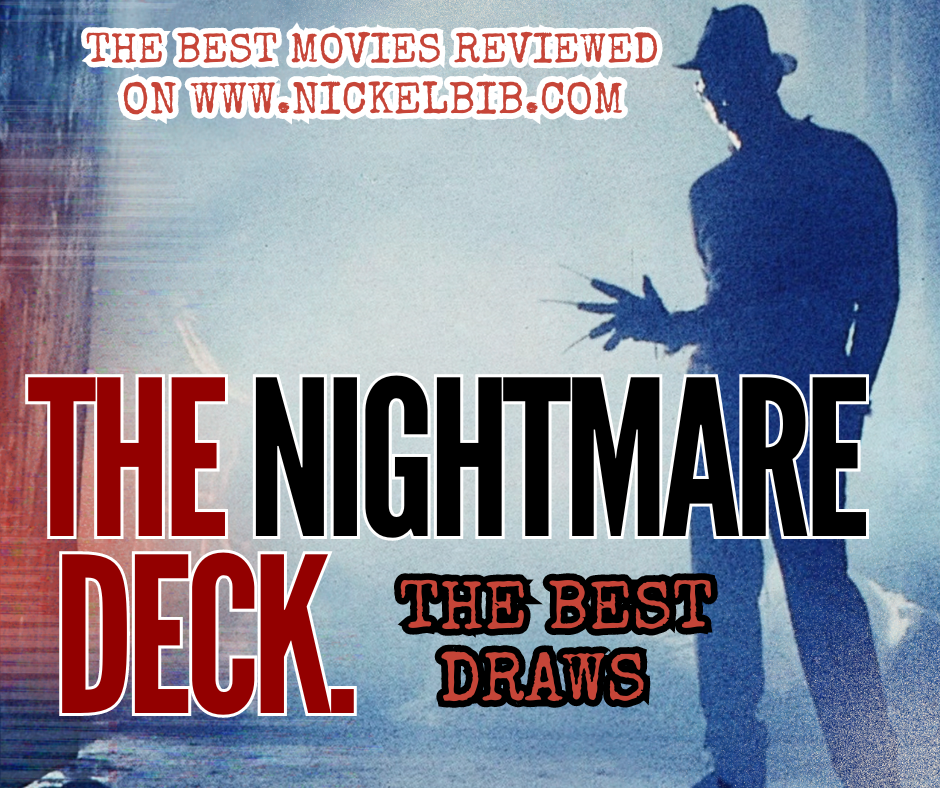Avengers: Infinity War checked off a lot of boxes for the Marvel Cinematic Universe. Most importantly to Disney, the series’ nineteenth film became the first film in the series to make more than two billion dollars at the worldwide box-office (a feat also accomplished by our topic of discussion – Avengers: Endgame). Although it’s enormous scale may have made it difficult to offer unique, personal storylines for each of our characters, it succeeded where it mattered most – making the series’ first great supervillain. Infinity War made for a “very good” superhero film and my favorite of the Avengers series. Avengers: Endgame served as the final film in the Infinity Saga, a name given to the twenty-two-film series that started with 2008’s Iron Man and had a lot to live up to in-order to send audiences home happy.
As a devout fan of Marvel’s intertwining worlds (this marks the fifteenth film in the series I’ve seen in theaters), I was excited for Avengers 4 in a way I’m rarely excited for blockbusters any more. Does the film make proper use of the goodwill it has attained and bring the Saga to a satisfying end? Here are my thoughts …
Avengers: Endgame follows the course set after Infinity Wars, which saw Thanos use the Infinity Gauntlet to end half of all living life-forms in the universe. This leaves the original Avengers cast, alongside other surviving characters like Rocket as the only heroes left to try and bring things back to the way they were. It isn’t an overnight endeavor, however. It takes five-years before Antman can escape from the Quantum Realm and offer a sliver of hope for them, wondering if they might be able to manipulate the realm in some way to set things back to how they were. As you’d expect, Endgame caps off a lot of what proceeding films built toward, but it also acts as a celebration of all the films that came before it.
This film is different from Avengers and Avengers: Age of Ultron, Endgame feels heavily indebted to the events of Infinity War, feeling more like a second and final increment in one over-arching storyline. This shouldn’t bother anyone who has been along for the ride so far, but casual moviegoers will find Endgame is not a casual-viewing popcorn film. Most of the actors feel like they’ve lived their characters, a benefit reserved mostly for television series’, now given to a lot of the Marvel cast. Robert Downey Jr.’s namesake dissipates in-favor of Iron Man and the same can be said for Chris Evans with Captain America, and they remain up to the task.
Some moviegoers were concerned about the three-hour runtime for the film, but I can’t say I ever had that fear. This is different from a solo superhero film where a lot will hinge on one or two key characters to carry the film from start to conclusion. Endgame has an abundant cast, and that helps keep things from becoming tiresome in its progression. This isn’t to say I don’t think Endgame could have and should have been shorter than what it was. Personally, although I wouldn’t say the first hour was bad, I found a couple of things I could have done without. This includes scenes involving a downtrodden Thor and a Hulk with a cheesier aesthetic than I would have liked. Like I said, none of it is stab out my eyes bad, but it does feel like a scene or two could have been left on the cutting-room floor for a tauter more cohesive final cut.
The Russo directors have been a godsend to the Marvel Cinematic Universe since Winter Soldier, producing the best films of the series, but I didn’t think it had the same Midas touch early on. Most of the jokes during this didn’t land with me, and maybe that’s in-part because it wasn’t what I wanted out-of-the-gate. Nevertheless, as how I began, it feels like the whole film really blew by. Even films I’ve thoroughly enjoyed like War for the Planet of the Apes, which only barely exceeds the two-hour mark, make me squirm around in my theater chair, trying and failing to find some level of comfort. That wasn’t how I felt during Endgame, and I think that’s a testament to how watchable most Marvel films are, despite the criticisms we may have of them.
Thereafter, however, is very entertaining and more focused, in my opinion. It feels very akin to Avengers: Infinity War, but something I think benefits this film is that it has less characters to juggle. This allows it to focus on unique character plights and have self-contained subplots with substance beyond the grandiose spectacle. As has been the case with most of the series, Captain America and Iron Man receive the bulk of the attention. This film highlights their growth as characters and the relationships they’ve built with other characters in the Universe. Although it isn’t written-in-stone per se that certain characters may not show up again. Most of us thought of this as the blow-off for more-or-less every character who was around early-on. This film allows a lot of its characters a suitable, satiable sendoff, and really does feel like a nice way for them to bid adieu to the series. The final hour of the film in-particular is the most emotionally substantive for the whole brand, and it doesn’t feel unearned or unwarranted, but like a seamless, natural progression.
The action-scenes and special-effects are very good, which has been usual for the series. I had some comments at the dismay of Hulk, but, otherwise, the film looks nice and about what we’ve come to expect from the series. Perhaps saying so little about them discredits how much merit and worth they have to the series. It’s all very state-of-the-art and expensive, and it is a testament to how far we’ve come digitally. Characters like Thanos are given enough time and attention in how they’re presented (lighting, etc.) that they feel like actual characters and never like props. The fighting remains fun and high scale, which is what we’ve also come to expect. Personally, I prefer the personal choreographed fare as seen in Winter Soldier and Marvel’s Daredevil series, which we receive some of, but it’s mostly about that controlled chaos in this film, like Infinity War.
Endgame will stand as a benchmark for the Marvel Cinematic Universe. This isn’t because it’s the best the series has to offer (for example, I did prefer Captain America: Civil War and Avengers: Infinity War as far as large-ensemble films are concerned), but because it concludes the Infinity Saga and does so very well. It has some of the most substantive scenes in the Marvel Universe and it makes for a very good film. Some might discredit superhero films, and sometimes, that might be justified, but the way Marvel has juggled its characters and spun such an interesting web is truly unprecedented and miraculous. I think sometimes it’s easy to take what Marvel has done for granted. Sometimes when I look at the first novel I ever wrote, I can’t help but cringe because of some of the decisions I made or didn’t make. I feel I’ve improved so much that it has become as evident as the difference between night-and-day. In a lot of ways, the same thing can be said about what Marvel has accomplished. They’ve developed such a strong understanding of what they want to accomplish and what their audiences want to see. If, in ten years, I cringe at my fifth book, I can’t imagine the great state the Marvel Cinematic Universe will be in.





